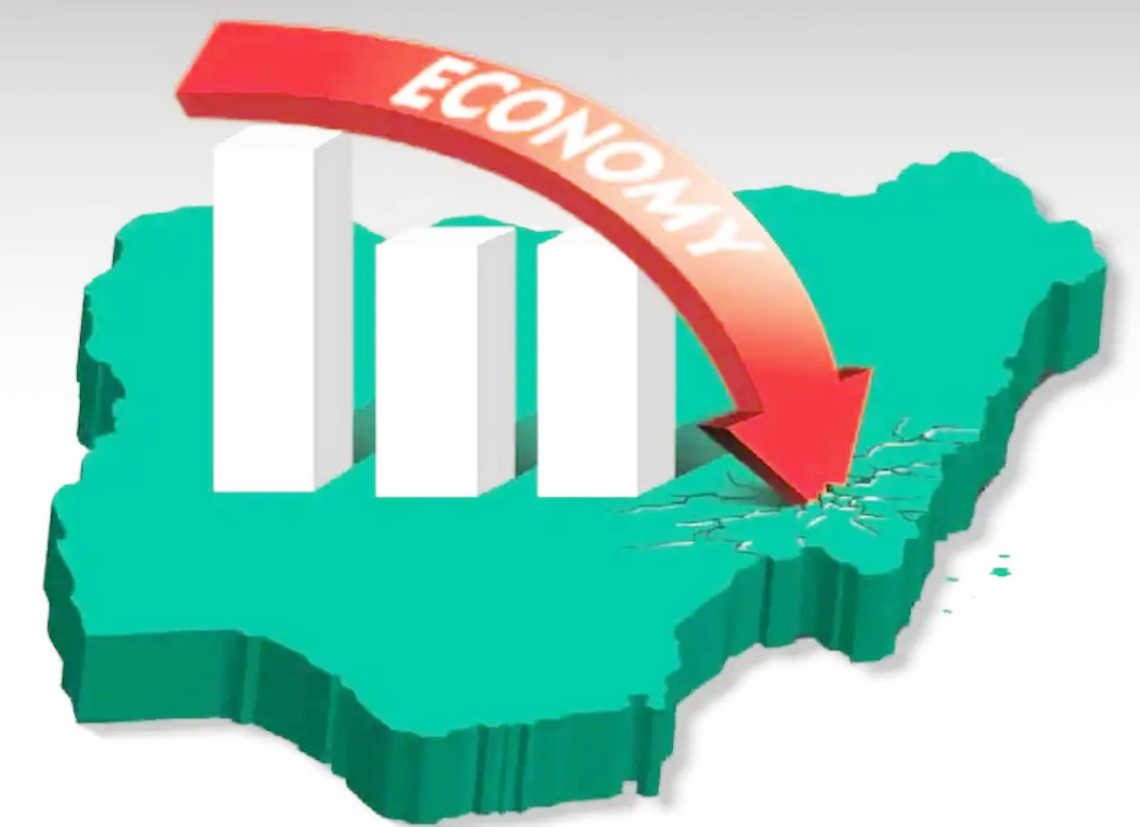“Midway upon the journey of our life I found myself within a forest dark, For the straightforward pathway had been lost.”
— Dante
Nigerians find themselves once again in familiar territory – on the cusp of yet another economic crisis. While the country has endured frequent balance of payments-induced crises in the past, this one is different. To understand what is different about the current crisis, one needs to revisit the typology of economic crises.
While economic crises come in many forms, broadly, they fall into four categories: currency crises, ‘sudden stops’ (related to disruption in external capital inflows or sudden outflows), debt and banking crises. In terms of taxonomy, these types are generally referred to as ‘financial crises.’ The triggers for these crises are either exogenous shocks or endogenous policy excesses. A terms of trade shock is an example of the former, and refers to a collapse of export prices or a sustained surge in import prices faced by an economy – as experienced by many import-dependent developing countries in the wake of the Russia-Ukraine conflict.
Crises resulting from sudden stops are usually caused by a flight-to-safety of internationally invested capital in response to the US Federal Reserve raising interest rates. A debt crisis results from an inability to service (usually external) debt obligations due to falling foreign exchange reserves in relation to debt servicing, while a banking crisis emanates from systemic failures in a country’s banking sector.
Although there can be, and usually are, overlaps between the four types of crises, with a crisis initially starting off as one type and then morphing into another, Nigeria’s external account crisis episodes can generally be traced to large external trade imbalances caused invariably by policy settings being too lax, leading to ‘overheating’ in the economy. Large fiscal deficits and/or excessive credit and money creation have often been to blame for this type of crisis. However, in recent years, there were two episodes when Nigeria faced balance of payments stress due to a terms of trade shock as well as a ‘sudden stop’ caused by the US Fed tightening monetary policy.
What makes the current crisis unique in Nigeria’s recent history, is that the impending crisis ticks all the boxes (barring, for now, a banking crisis); the external account is under pressure due to a combination of import prices having spiked sharply lately, as well as too-accommodative domestic policy settings. The US Federal Reserve has begun a sharp course correction by raising interest rates, which will impact the availability as well as pricing of external private capital available to countries like Nigeria. And Nigeria’s external debt repayments profile is markedly elevated for the next few years. The resulting gross external financing requirement which is pretty much unsustainable.
The path of the crisis and its implications are going to be fairly similar to what was experienced in the early years of the President Muhammadu Buhari led administration, with one crucial difference – severity. The magnitude of this crisis is, unfortunately, likely to be unprecedented. The confluence of pressures from several fronts, amid a world in turmoil, has already taken its toll on several vulnerable developed and emerging markets, and Nigeria is unlikely going to be an exception. Hence, the need for much greater agility in course correction in policy settings than is being currently shown.
One hopes that the next Nigerian president won’t be one with legitimacy as well as credibility issues, that will impede the whole-of-nation response that the probable economic crisis of this magnitude demands. Facing the real possibility of a popular movement against it, and heading into a general election soon, will blunt any impulse for meaningful reforms the present administration thinks it is implementing.
Under these circumstances, what needs to be done? The short-term impulse of arranging external financing while avoiding course correction (what Paul Krugman termed “over-financing and under-adjustment”) needs to be avoided. The correction of the excesses in the policy mix should have started and is past due.
For a more durable recovery, Nigerians must canvass for free and fair elections that will usher in a legitimate government with a fresh mandate come May 29, 2023. This is because the country at this point in time needs a strong government that reflects the will of a majority its citizens so as to be able to institute the difficult road to economic recovery. The anchor of the recovery road map should be a clear and comprehensive plan for institutional and structural reforms. This plan should be formulated by a high-powered ‘committee’ under the elected president, which should also be entrusted with overseeing implementation.
The ‘committee’ should not be constituted on the template of the various economic advisory councils formed in the past. A major difference should be that it should not consist of businessmen, or just a small group of economists. It should bring into service an eclectic group of professionals, including inter alia practitioners in change management, organisational design and development, organisational and behavioural psychology, systems thinkers, among others, to formulate and oversee plans for restructuring of not just the political economy, but also the entire government and civil service, state-owned enterprises, public financial management, institutions of economic governance (The Central Bank of Nigeria, FIRS, Federal Ministry of Fnance, Budget Office of the Federation, the Securities & Exchange Commission, etc), and the major sectors of the economy such as exports, agriculture and industry.
This is a long road to recovery with no ‘silver bullets’ or shortcuts. Without a grand design for institutional and structural reforms, as well as an overhaul of its governance model, Nigeria may slip further into an economic and political morass in come 2023 and beyond.





